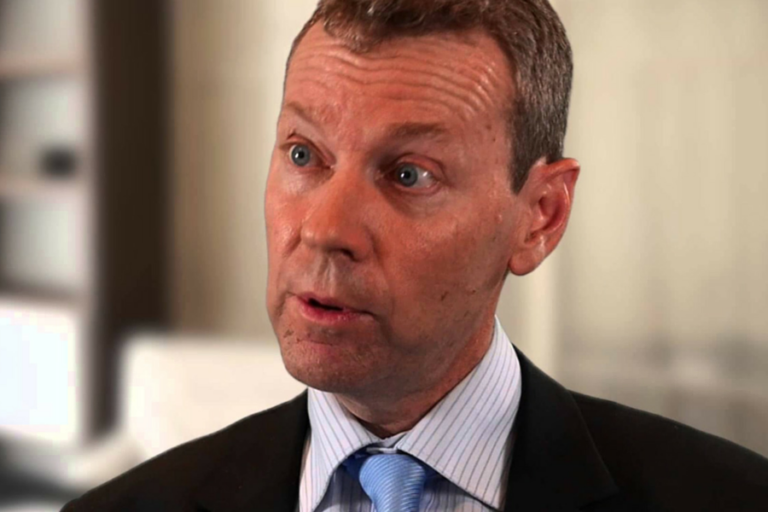The Australian Securities and Investments Commission (ASIC) has launched its ‘regulatory sandbox’ for businesses looking to test new financial products and services, with the scope of the exemptions wider than first expected.
Looking to help fintech businesses test without facing the costs of regulatory licensing and reducing the time usually taken to get products and services to market, the sandbox will allow eligible businesses to test a range of financial or credit services with up to 100 retail clients and unlimited wholesale clients for up to 12 months.
These businesses will not need to apply for an Australian Financial Services license or Australian Credit Licence, and will not need to seek approval from ASIC to trade; however, qualified startups must notify ASIC that they are using the exemptions.
They are also required to maintain key consumer protections, including dispute resolution and compensation arrangements, such as professional indemnity insurance.
Furthermore, businesses will be encouraged to engage with ASIC’s Innovation Hub as they go through their testing period to ensure they are prepared to tackle the regulatory framework and licensing requirements following their test phase.
John Price, ASIC Commissioner, said, “Fintech and startup businesses now have more pathways than ever to begin testing the viability of innovative financial services and credit services consumers, before incurring many of the regulatory costs normally associated with running their business.”
Price said the sandbox reflects ASIC’s commitment to facilitating innovation in the financial services space, however he said the body is “equally committed to ensuring that innovative products and services are regulated appropriately and promote good consumer outcomes”.
Among the businesses eligible for the licensing exemptions are those providing advice, or dealing in or distributing products such as deposit products with a maximum balance of $10,000, or general insurance products for personal property and home contents with a maximum of $50,000 insured.
Not eligible are businesses issuing their own product, lending money to consumers, or those operating their own managed investment scheme, such as a marketplace lending platform.
Businesses must have ‘total customer exposure’ of no more than $5 million.
The launch of the sandbox comes after ASIC released its corporate plan for 2016-17 through to 2019-20 in September, highlighting the role of innovation in both helping it achieve its various objectives and the challenges technology may pose. The corporate plan covers ASIC’s regulatory objectives of promoting investor and consumer trust in looking at how products created by fintechs drive innovation and globalisation in local and international financial markets.
The report has uncovered that while a focus on particularly fintechs is important is has also stated that “innovation has the potential to offer many benefits, it may also bring risks.”
Key risks as determined by ASIC for both this year and next include digital disruption, cyber threats, cross-border businesses, services and transactions, gatekeeper culture and conduct in markets and financial services, and the misalignment of retail product design and distribution with consumer understanding.
To help Australian startups expand into international markets, ASIC has also signed cooperation agreements with foreign regulatory bodies including the Ontario Securities Commission in Canada, the UK’s Financial Services Authority, and the Capital Markets Authority of Kenya to allow fintech companies greater support when looking to enter and operate in the other’s market.
The regulatory sandbox was first previewed by Treasurer Scott Morrison in this year’s May budget, with ASIC then releasing a consultation paper on a proposed structure in June.
Taking a cue from the Federal government, the NSW government announced through the launch of its innovation agenda last month it would be developing a regulatory sandbox of its own to allow products, services, and business models to be easily tested while maintaining existing protections.
Submissions are currently being taken for the theme of the first sandbox, with applications for access then to open next year. Businesses will be assessed based on their potential either economic, social, or environmental benefits to the state, and readiness for implementation.
Image: John Price. Source: YouTube.




















Trending
Daily startup news and insights, delivered to your inbox.